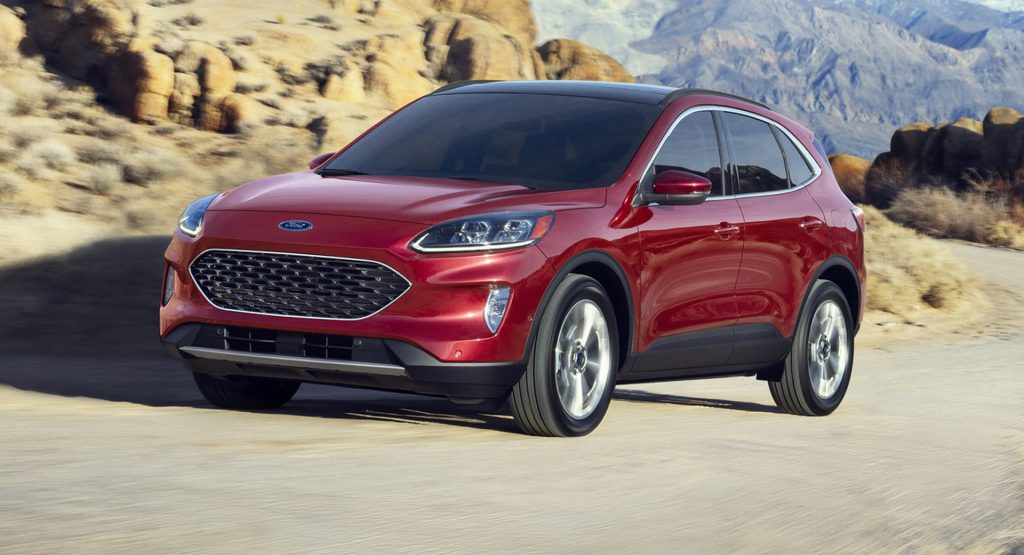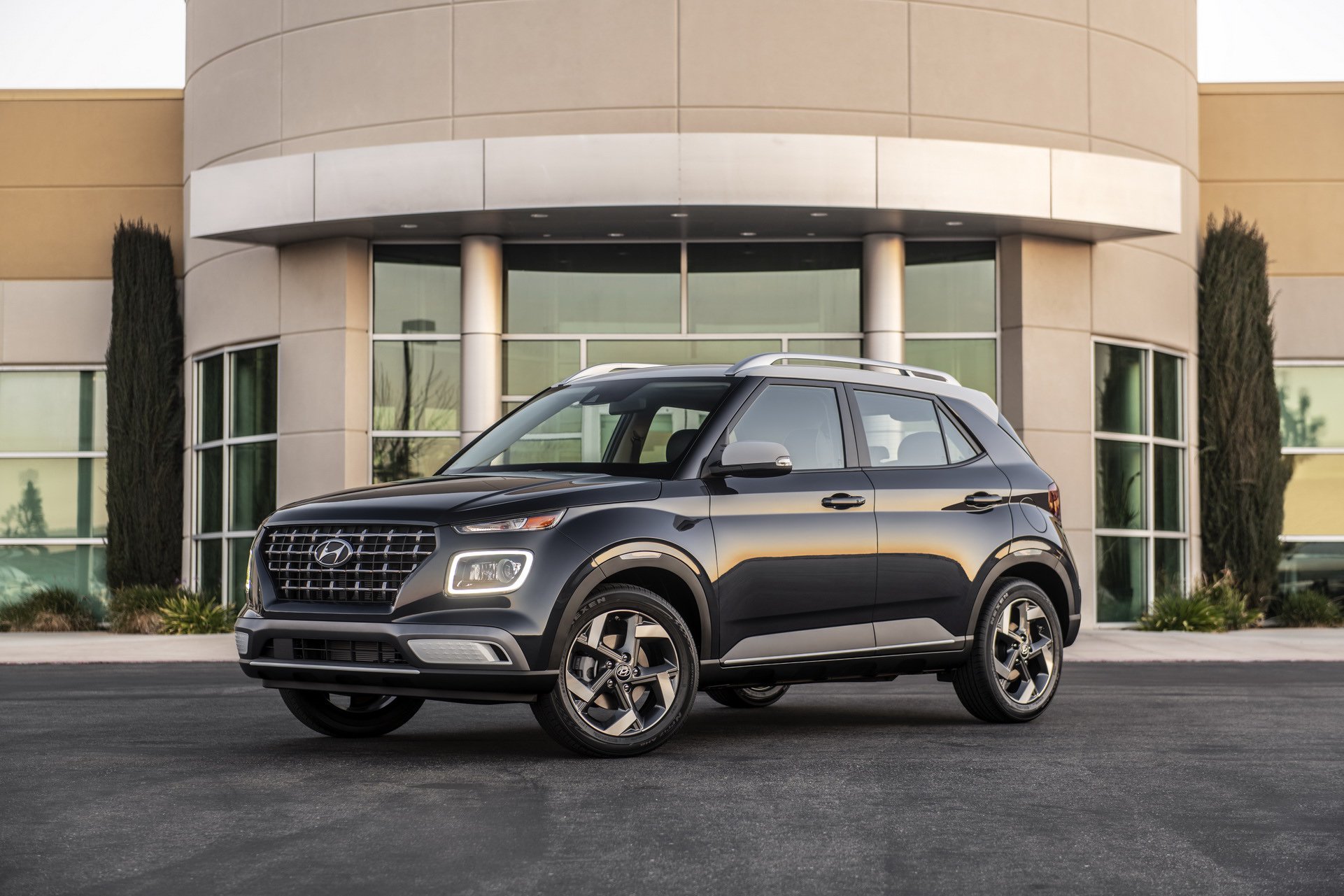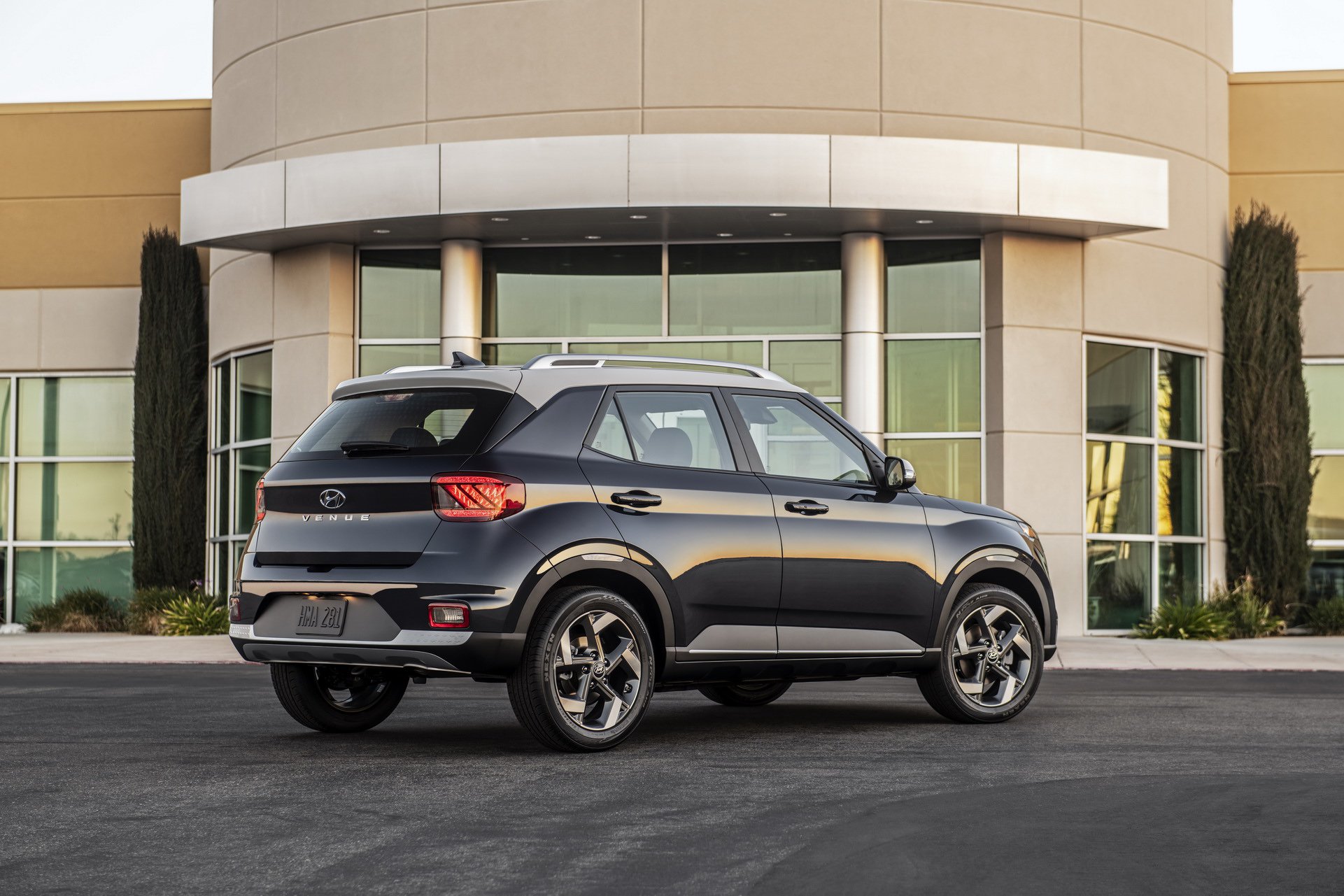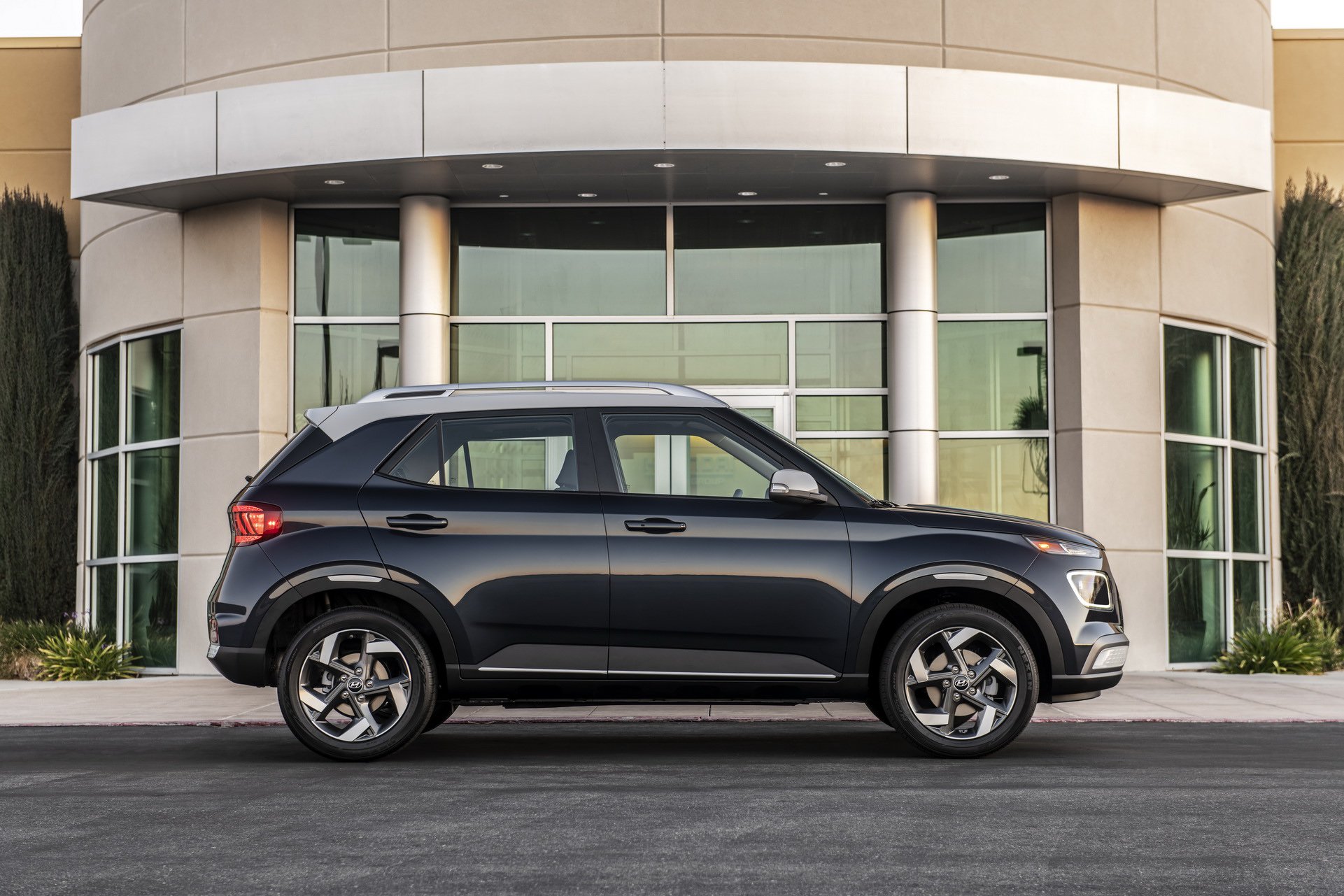Top industry executives are reportedly increasingly concerned about declining auto sales in the United States – understandably, since we’re talking about the world’s second-largest car market.
CNBC reports that both January and February auto sales figures dropped from the previous year and continued to fall in March, reducing first-quarter new car sales demand by almost 4 per cent compared to 2018. Some car manufacturers believe the arrival of Spring will boost sales, but not everyone is so optimistic.
“Most in the industry have been saying that sales would decline this year, and we’re actually seeing that happen,” Hyundai Motor America chief operating officer Brian Smith said. However, Hyundai does believe that its increased number of SUV and crossover models will ensure that it isn’t hit as hard as it would be with a sedan-focused line-up.
Companies like General Motors and Ford are both looking to cash-in on the crossover boom, while Toyota believes it will actually be helped by its competitors turning away from sedans and small cars.
Head of AutoTrends Consulting, Joe Phillippi, estimates new car sales in the U.S. will top out between 16.6 million and 16.8 million by the end of the year, well down on the 17.27 million vehicles sold in 2018.
While some disagree about the best way to reverse that trend, most agree that vehicle prices could rise if President Donald Trump follows through with his threat of slapping a 25 per cent tariff on foreign-made cars and car parts. In fact, the head of Toyota’s U.S. automotive operations, Bob Carter, says tariffs could increase the price of a Camry by up to $4,000.
High-end vehicles would be hit particularly hard by tariffs, and prices of individual models could easily rise by $10,000 or more. Moreover, Porsche believes a 25 per cent tariff could reduce its U.S. sales by as much as 20 per cent.
This certainly isn’t a doomsday scenario, but analysts like Steve Rich from auto supplier Autoneum expect “stagnation” at best for 2019.







